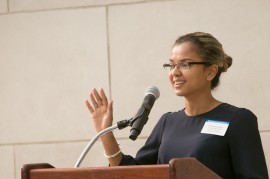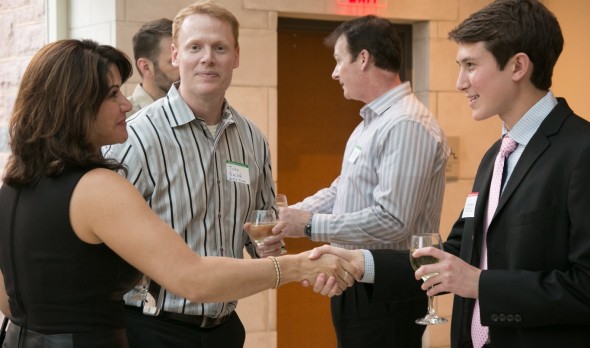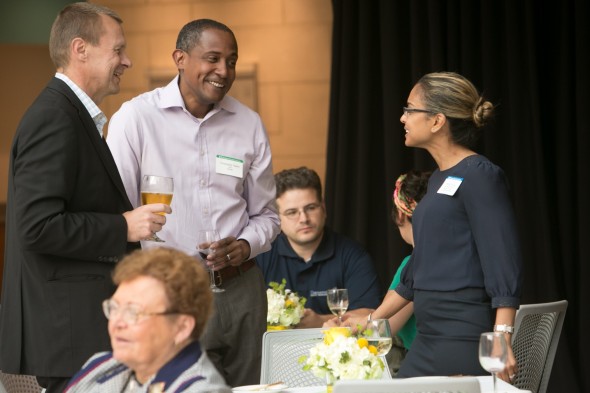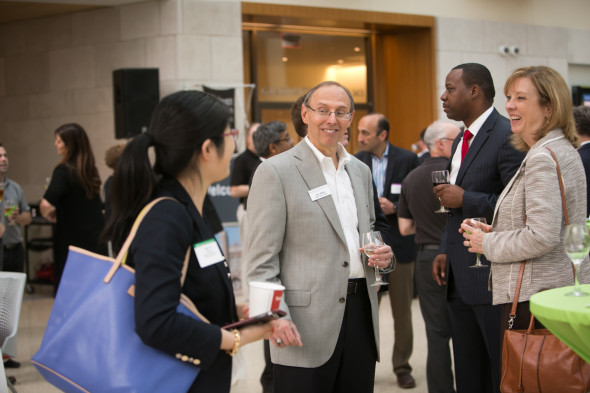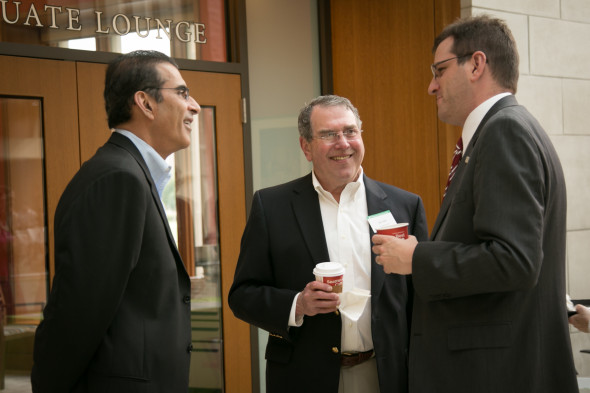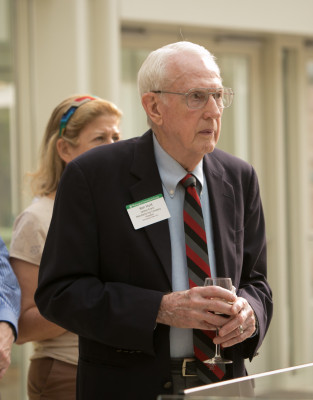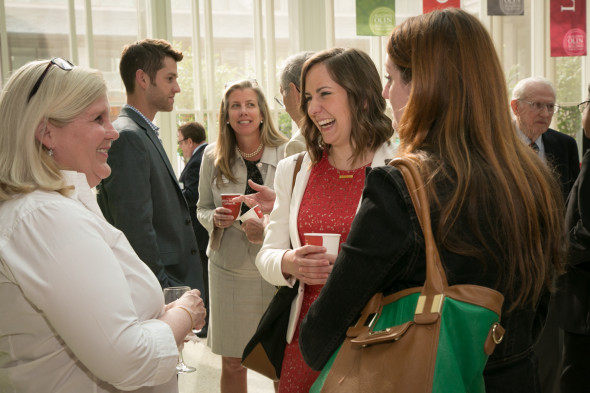Will you have buyer’s regret it if you don’t get that pricey upgrade on a new car or phone? A constant stream of new products and fancy upgrades tempts consumers constantly to go for the new, improved, bigger and better. Invoking such buyer’s regret has long been a marketing strategy for companies as they attempt to influence purchases. However, researchers at Olin have found it can be both risky and rewarding for a firm’s profits.
In research forthcoming in Management Science, Olin’s Baojun Jiang, assistant professor of marketing, and Chakravarthi Narasimhan, the Philip L. Siteman Professor of Marketing, along with co-author Ozge Turut from Sabanci University in Istanbul, Turkey, developed an analytical framework, based on well-established consumer behavior data regarding regret, to model a market with two types of businesses: one with an established product and the other with a product that has a new, improved feature.

Chakravarthi Narasimhan
They then examined the concepts of switching regret (when a consumer switches brands or firms, then regrets the choice) and repeat-purchase regret (when the consumer opts for the familiar product and then regrets not getting the newer higher-quality one).“If firms know that these different segments of consumers exist, how would they compete?” Narasimham asked. “Depending upon the possible magnitude of the anticipated regret, we show that firms don’t have to be so aggressive in competing.”
The research, he said, changed their initial assumptions. “Initially our thought was these firms are invoking regret, which means they will be competing on price more aggressively,” Narasimham said. “Our research found, under some cases, they would not.”
The key insight is if it appears to be that the market is more segmented, then you have your own set of customers that you can care about and you don’t have to aggressively compete with the other firm.
“That’s when it’s a win-win situation,” Narasimhan said.
On the other hand, the researchers found that invoking buyer’s regret — or even attempting to address a new customer’s concerns — can also trigger risk. It depends on how the customer base shifts toward the new product or feature, and how much competing firms are willing to sacrifice to welcome new buyers.

Baojun Jiang
“If a firm tries to invoke anticipated regret in customers to gain market share, the distribution of consumer preferences may shift in a way that makes the market less segmented than before,” Jiang said. “This can make the competition become more intense, inducing both firms to lower their prices, which makes both firms worse off.
“Similarly, the new firm might not want to alleviate switching regret as much, if doing so would make the market less segmented,” Jiang said. “Put differently, though stronger switching regret makes consumers less likely to buy the new firm’s product, it can make the consumer segments more separated, which can benefit, rather than hurt, the new firm because both firms will have less incentive to drop the prices to poach each other’s customers.”
The bottom line: Competing companies should carefully consider both the risks and rewards of invoking buyer’s regret.
The strategy could have big payoffs, but could also backfire, depending on the customer base and the segmentation of the market.
“In very small-priced items, it’s not that big of a deal,” Narasimhan said. “Take chewing gum. What is your cost? Ultimately, a few cents. If you don’t like it, you spit it out and that’s that. Where it matters is where the consumer’s cost is high. That’s where these kinds of effects would play out.”





 The study looked at gaming sessions of almost 1,000 randomly selected anonymous gamers. The data available to researchers showed when gamers logged in to play a game, when they progressed to the next level in a game, and when they got a “tangible” reward, such as a new sword or a virtual pet. By analyzing the timing of earning rewards against the timing of logging in and out of a game, the authors were able to classify each gamer as being mostly extrinsically or intrinsically motivated.
The study looked at gaming sessions of almost 1,000 randomly selected anonymous gamers. The data available to researchers showed when gamers logged in to play a game, when they progressed to the next level in a game, and when they got a “tangible” reward, such as a new sword or a virtual pet. By analyzing the timing of earning rewards against the timing of logging in and out of a game, the authors were able to classify each gamer as being mostly extrinsically or intrinsically motivated.


